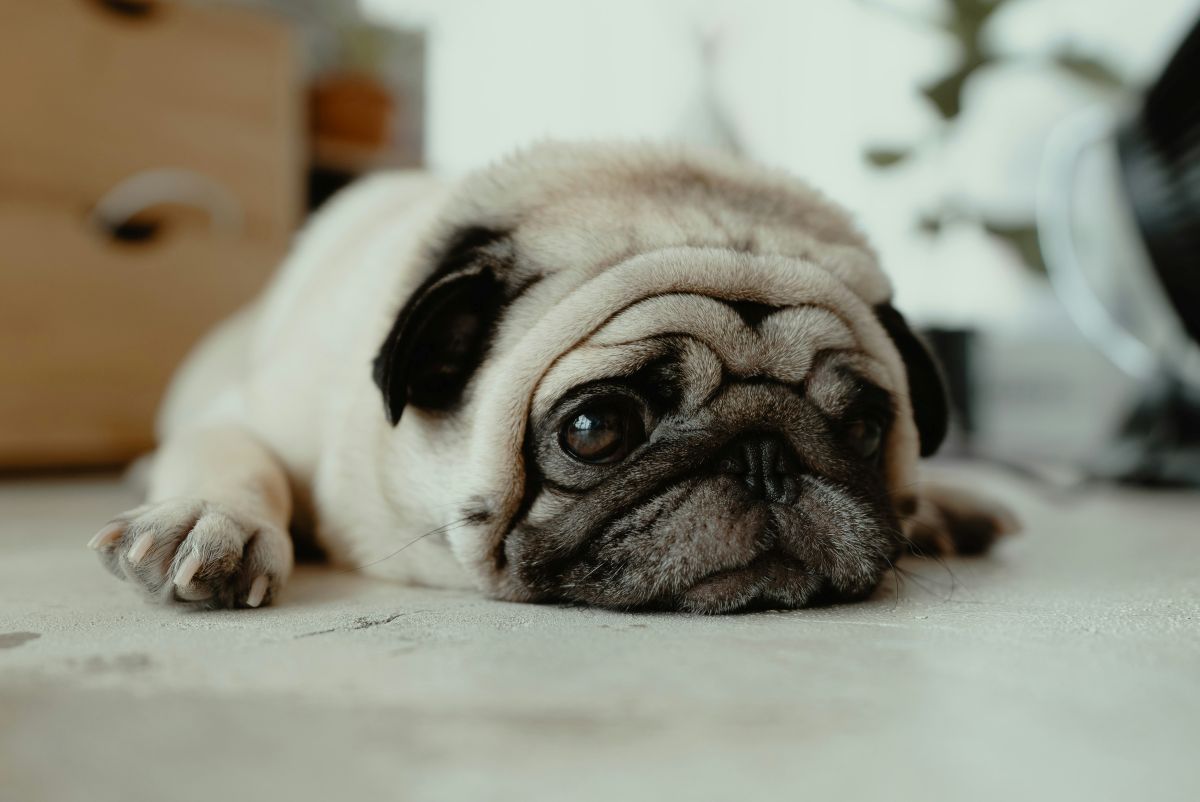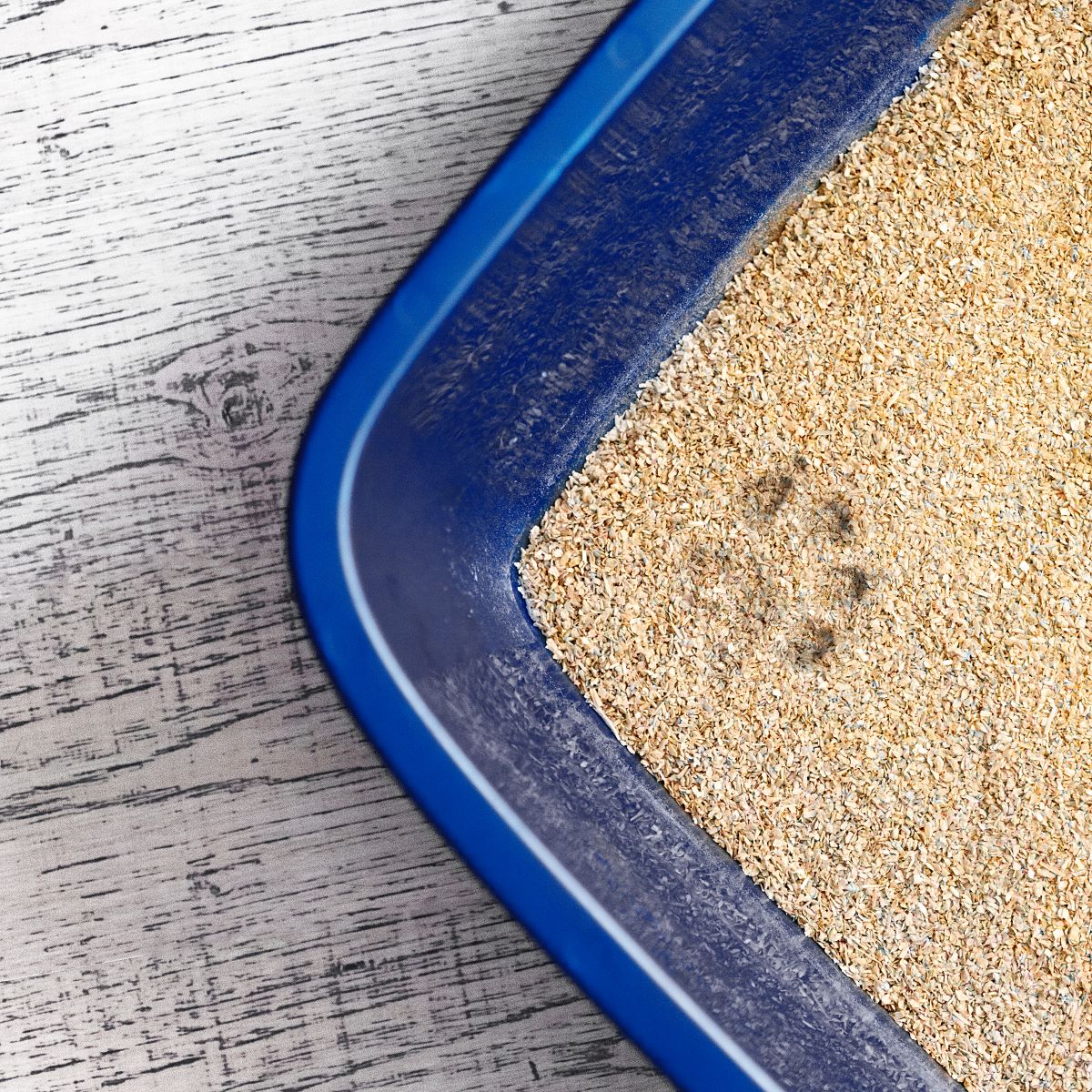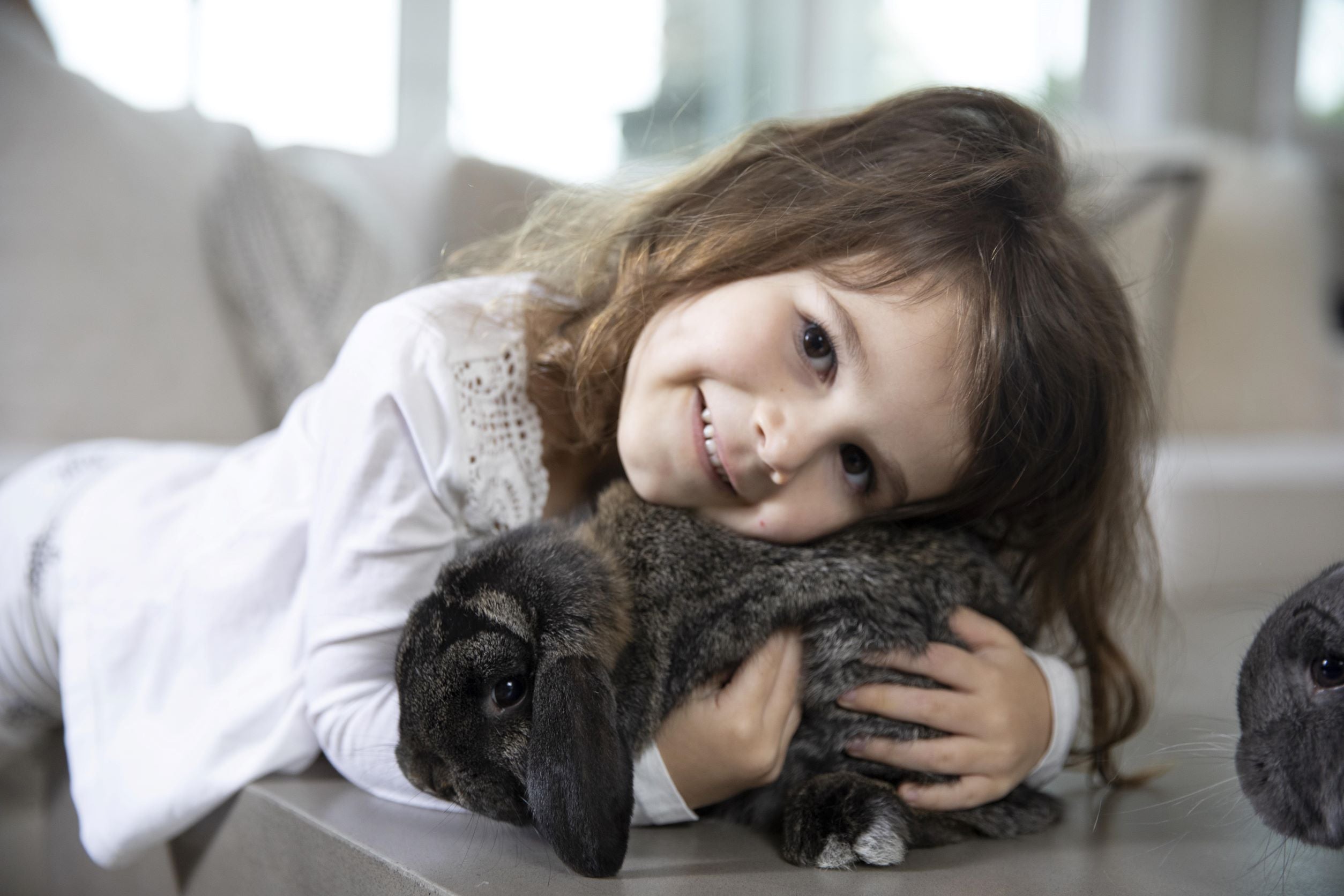
Is My Dog Depressed? 5 Signs You Must Watch Out For
Photo by JC Gellidon on Unsplash
You have a dog, and you take care of him when he's sick. You buy dog food on time and always keep a packet of extra dog treats just to surprise him. But have you ever thought that despite all this, your dog might be unhappy?
You can spot signs of reduced energy by wagging their tail less frequently. Many pet parents notice changes like less tail-wagging, reduced energy, or a lack of interest in food or play.
Yes, these are common signs of a dog that might be facing any physical illness. But your dog can also be depressed.
Through this blog post, we have spotted and discussed some signs of dog depression.
What Happens When Your Dog Is Depressed?
As a responsible dog owner, it's important that you recognize and address the emotional needs of your pet. Dogs are emotional beings, and they can be upset, happy, and depressed as well.
So, how do you spot all these signs? Here are some signs you could pay attention to in your dog.
- Your dog has started avoiding people and other pets.
- You find your dog spending most of his time alone or in a quiet place.
- The dog seems to appear more tired and can start to avoid going for walks or play.
- They hardly eat the meals or treats they used to enjoy.
- Your dog sleeps more than usual, especially during the day.
- You can hear them making unusual noises like whining, howling, or whimpering.
- Sudden moodiness, snapping at others, or being intolerant.
- They hardly feel excited about the games and the toys they have.
It's often common for your dog to show these emotions. However, if you see these symptoms persisting longer than ever, it can be a sign of depression.
However, the good thing is that you can make them happy and cherish them through simple modifications.
You can go ahead and decorate their room using art wall themes, etc. You can find some at portraitmypets.com.
What Made My Dog Depressed?
Your dog's depressed, and there's an underlying reason for making them depressed. Here are some reasons why your dog is depressed:
1. Losing a Friend
Animals also cherish the connections they have with other animals. If you had another dog at home who recently passed away, this loss can cause depression in your dog. Your dog also mourns like you and I. They miss their friends, and the loss of one can cause anxiety and depression.
2. Disturbance In Routine
Dogs also respond to changes in their routine. If you change their routine to their favorite place and give them a completely different setting, they might get depressed. Especially when you change your work schedule, it affects them as well, making them depressed in the process.
3. Feeling Lonely for a Long Time
Dogs that are alone for a long time often get depressed. Some social breeds, like Labs and Golden Retrievers, can't stand loneliness too much. They often feel depressed due to prolonged periods of loneliness.
On the other hand, they also don't want to give their share of love away from others. When a new dog or other pets are added to the family, it can make them feel sad and depressed when they develop feelings of loneliness and depression.
4. Aging & Health Problems
Dogs can also feel depressed due to chronic pain, digestive issues, infections, and dental discomfort. It often causes behavioral changes, and sometimes, consulting a vet can also help you rule out physical illness.
In addition, senior dogs often develop anxiety, Alzheimer's, and similar diseases as they start to age. So, aging is often the reason behind a dog's depression.
5. Trauma or Abandonment
If you have a rescue dog with a history of going through negligence and abuse, they'll often deal with trauma. Those emotional scars they bear aren't easy to find cures for. It often requires years of reassurance and healing to get ahead of those trauma responses and heal.
However, it's important to remember that these are single reasons, and every dog has some unique reason for feeling depressed or sad. You must find out why your dog is sad and help them
How To Help a Depressed Dog Feel Better?
Once you are sure that your dog is going through depression, try the following things with them:
Spend More Quality Time
Like humans, your dogs also need your time. If your dog is depressed, spend more time with him. You can take him out for a walk or use small gestures like a head rub to calm them when they are depressed.
Refresh Routine
Dogs love routine. If a change in their routine for having meals, walking, or going out changes, they can get depressed. This will help you feel depressed and sad. However, you can work consistently to help your dog feel stable and happy.
Dogs need a routine to feel secure. Feed, walk, and play with your dog at the same time every day. This consistency helps your dog feel stable and happy.
Spend More Time Outside
Fresh air and sunshine can do a lot for a dog as it does for a human being. Most dogs love going outdoors and enjoy the burst of sunshine to get that boost in their serotonin level. Whether it's about exploring new parks or playing in the backyard, outdoor times can do a lot more for your dog than you might have thought.
Introduce New Activities
New playthings, food puzzles, or hide-and-seek treats can re-engage your dog's curiosity and excitement.
Celebrate With Them
A simple gesture of love can remind you of happier times and inspire hope. These joyful moments brighten your home and immortalize your dog's joyful spirit, helping to rekindle bonds during tough times.
Conclusion
So, if you're wondering, 'Is my dog depressed?' Your doubts may be right. However, it depends on the signs of depression they show. Momentary sadness is common in any animal. But, if it prolongs, then there's a reason to get worried. However, you can help them a lot with your attention, affection, love, and time.
Like humans, your dog also needs to have a strong bond to feel happy and at home. It's often difficult to understand their mental state with their unique personalities. But, as a dog owner, you'll get a sign if your dog is or isn't depressed. However, it does help to talk to a vet or expert who can help you understand how your dog is feeling.











 email us
email us